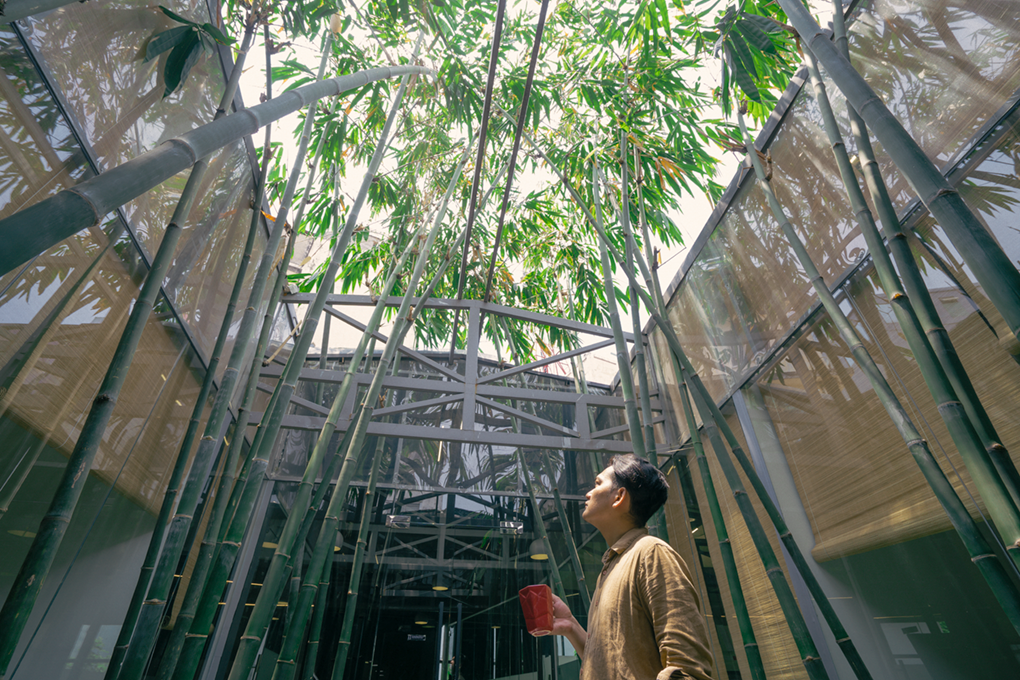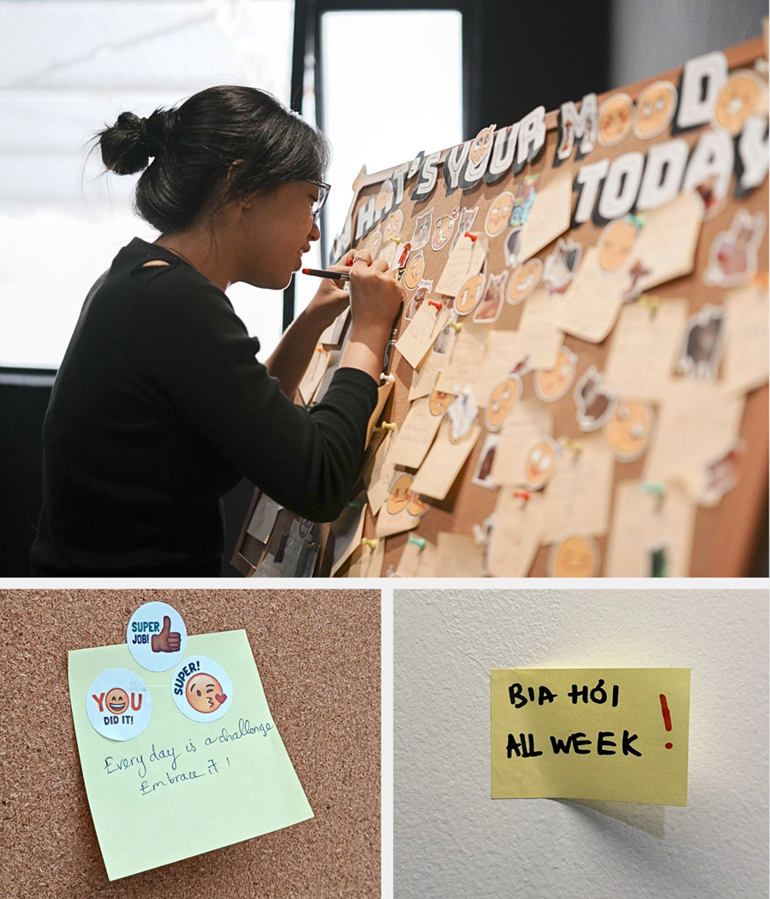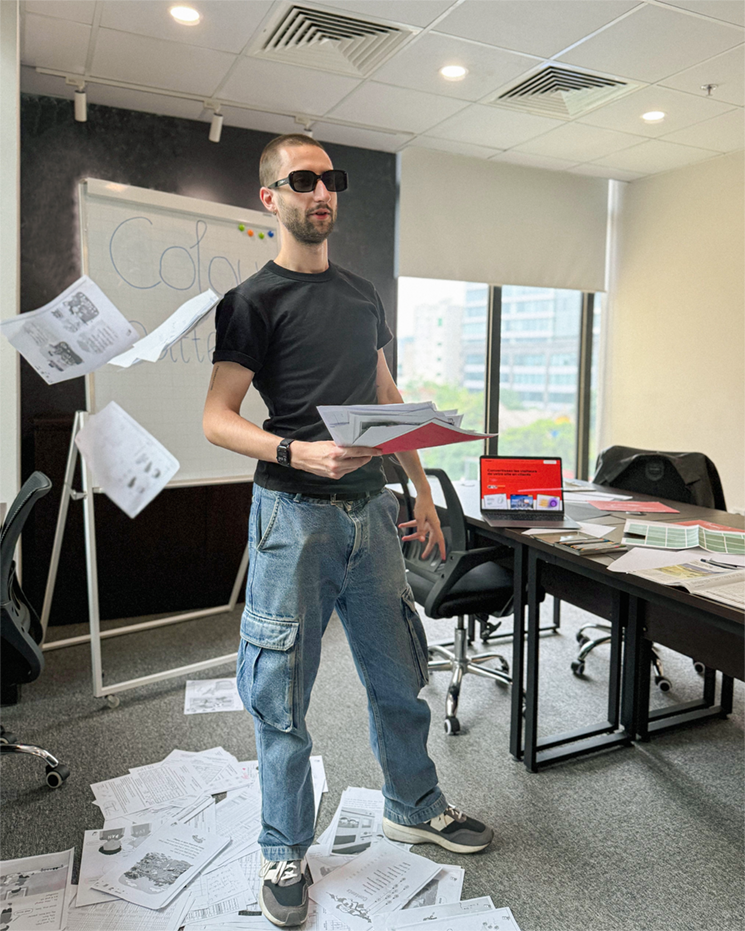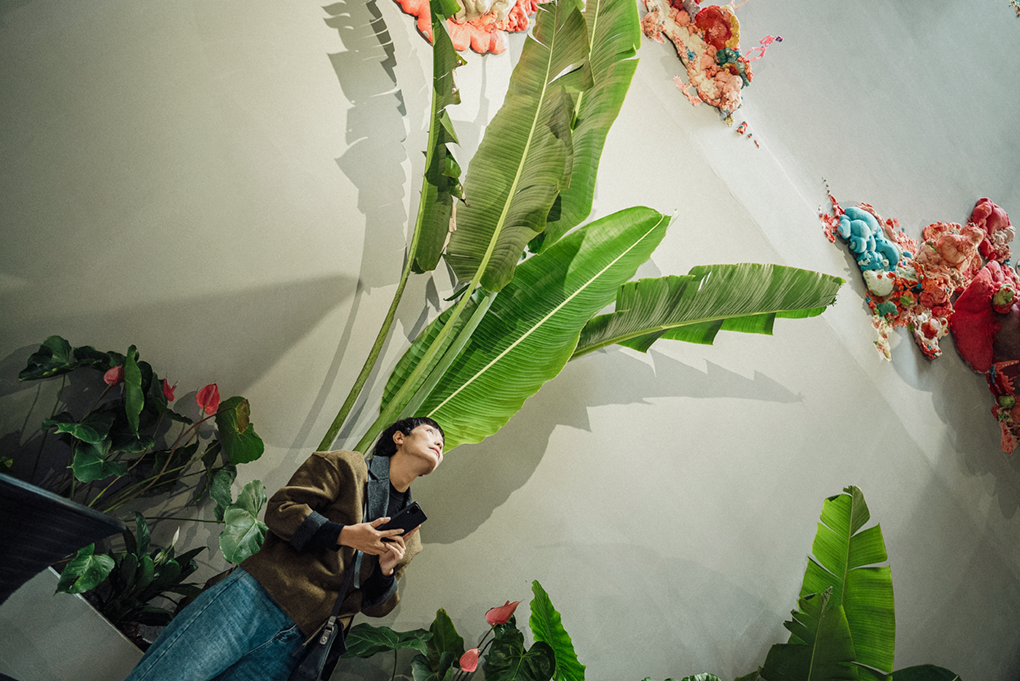Is “busy” a badge of honor?
It’s a familiar scene: waking up to a flood of emails and work messages, sprinting from deadline to deadline, scarfing down lunch while typing, and ending the day scrolling aimlessly-your mind still tethered to tomorrow’s to-do list. You’re busy. But… are you okay?
“Always On” - The Quiet Disorder of Our Time
According to Deloitte’s 2024 report, 62% of people aged 18-35 admit they stay “always online” for fear of missing out on work updates. This is what defines the “always-on culture” - a world where productivity is prized above all, and rest feels like a weakness.
A study published in the Journal of Occupational Health Psychology found that working more than 55 hours a week over extended periods increases the risk of stroke by 33% and heart disease by 17%. Still, we tell ourselves: “I can handle it.”
And just like that, the Wi-Fi generation is slowly losing connection with themselves.

Being always online doesn’t mean you’re always ready. Sometimes, it just means you’re always exhausted..
Efficiency Isn’t the Same as Endlessness
Instead of asking “How much can I do today?”, perhaps we should ask “In what state am I doing it?”
Dr. Alex Pang, author of Rest: Why You Get More Done When You Work Less, found that some of the world’s most prolific scientists and artists only engage in deep work for 4-5 hours a day. The rest of their time? Intentional rest-walks, journaling, sports-activities that recycle mental energy instead of depleting it.
Rest isn’t laziness. It’s raw material for creativity. ✨

Rest isn’t an escape. It’s how you return-clearer, sharper, and more alive.
Life Has Its Own Rhythm
At Toong, we don’t believe in the one-size-fits-all 8-hour workday. We believe in honoring each person’s natural rhythm-to unlock clarity, creativity, and resilience.
You might embrace the Pomodoro technique: 25 minutes of deep focus, followed by 5 minutes of mindful pause-stretching, grabbing water, or unwinding with a soothing tune.
You might switch up your space - move from a high desk to a cozy sofa, from a private corner to a sunlit window seat in a shared lounge. A small shift can spark a new breath of clarity.
Or maybe, you’ll pause the race against time-just because of a newly hung painting, a rich cup of coffee, or a surprise pop-up event down the hall. These seemingly random moments are like shafts of light breaking through a packed calendar, reminding you to look inward and recognize: you’re still here. You’re still feeling.

Sometimes, all you need is a quiet little corner where your senses can finally… land.
Creating a “Recovery Zone” - A New-Gen Survival Skill
Time management is one thing. But what about energy management?
Tiny recovery pockets throughout your day can save you from future burnout.
Tips from The Energy Project:
- Physical: Stay hydrated. Take short walks every 2–3 hours.
- Emotional: Write down something you’re grateful for each day.
- Mental: Go 30 minutes a day without any screens.
- Purposeful: End each week by doing something that felt truly meaningful.

Keep the Flame, Don’t Burn Out
Don’t spark just to impress, only to fizzle out just as fast. What you need is a steady flame: warm enough, lasting long enough to keep you grounded all the way through.
You don’t need to sacrifice yourself to prove your worth.You don’t need to be a superhero-just strong enough to keep walking your path.Someone who knows when to push forward and when to pause and recharge.
Because resilience isn't about never stopping.It's about knowing when to stop, so you can go the distance.

Light doesn’t have to dazzle, it just needs to guide
📌 Truth is,
Being busy isn’t the problem. But if it costs you sleep, joy, or your sense of self-then that’s not ambition. That’s surrender.
And you never need to surrender your wellbeing just to prove your place.
Give yourself space to recover. A quiet corner to slow down, to bloom again.
A rhythm of life like Toong: subtle, spacious, and just enough to help you find yourself again in the middle of it all.

Editors: Bùi Bích Trà My, Nguyễn Thạch Thảo
Reference:
-
Deloitte. (2024). Global Gen Z and Millennial Survey 2024.
-
Pang, A. (2016). Rest: Why You Get More Done When You Work Less. Basic Books.
-
Schwartz, T., & McCarthy, C. (2007). Manage your energy, not your time. Harvard Business Review, 85(10), 63–73.
-
World Health Organization. (2021). Long working hours increase deaths from heart disease and stroke. https://www.who.int/news/item/17-05-2021-long-working-hours-increasing-deaths-from-heart-disease-and-stroke




